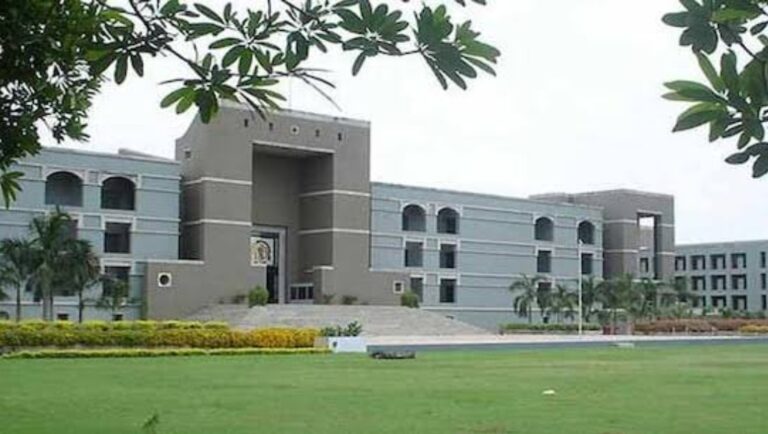In a landmark judgment that brings clarity to the taxation of immovable property transactions, the Gujarat High Court has held that the transfer of leasehold rights is not a taxable supply under the Goods and Services Tax (GST) regime. The Court observed that such a transaction is akin to the sale of land, which is expressly excluded from the scope of GST under Schedule III of the CGST Act.
Case Background: Dhiraj Can Co. Pvt. Ltd.
The ruling came in response to a petition filed by Dhiraj Can Co. Pvt. Ltd., which had been allotted an industrial plot by the Gujarat Industrial Development Corporation (GIDC). In 2020, the company sought permission from GIDC to transfer the leasehold rights in the plot to M/s Acquire Chemicals, which was approved on March 16, 2020.
Following the approval, a Deed of Assignment was executed on June 30, 2020, with the petitioner receiving INR 75 lakhs as consideration. Importantly, the petitioner neither charged nor collected GST on this transaction.
However, the petitioner was later served:
- A summons under Section 70(1) of the CGST Act,
- A Show Cause Notice (SCN) in FORM GST DRC-01, and
- A demand order in FORM GST DRC-07 under Section 73, claiming that the transaction was a supply of service under SAC 9972 (Real Estate Services) and liable to GST.
Key Legal Issue
The crux of the matter was whether the assignment of leasehold rights in land by the lessee to a third party constitutes a taxable supply of service under Section 7(1)(a) of the CGST Act, or whether it should be treated as a transfer of immovable property, which is outside the GST ambit per Schedule III.
Court’s Observations and Ruling
The Gujarat High Court ruled in favor of the petitioner, holding that:
- The assignment of leasehold rights in immovable property is not a supply of service under GST law.
- The transaction represents a transfer of immovable property, falling under Entry 5 of Schedule III of the CGST Act, which specifically excludes the sale of land and buildings from the scope of GST.
- The Deed of Assignment executed between the parties resulted in the complete transfer of interest in the land to the assignee, amounting to an absolute transfer and not a service.
As a result, the High Court quashed the SCN and the demand order issued under Section 73, including FORM GST DRC-07.
Reference to Precedent
The Court also relied on its previous decision in Gujarat Chamber of Commerce & Industry vs. Union of India, reinforcing the principle that substance of the transaction—not its form—determines its taxability.
Implications and Final Takeaway
This ruling by the Gujarat High Court is a significant relief for industries and businesses engaged in assignment or transfer of leasehold rights. It clarifies that when such transactions involve the complete transfer of interest in immovable property, they do not attract GST liability.
Key Highlights:
- Transfer of leasehold rights = sale of land
- Not subject to GST as per Schedule III
- No classification under SAC 9972
- Substance-over-form principle upheld
This decision strengthens legal clarity on immovable property transactions under GST and sets a precedent for similar disputes across India. It reinforces the understanding that genuine transfers of immovable property are outside the GST regime, ensuring that such transactions remain free from unwarranted tax burdens.
